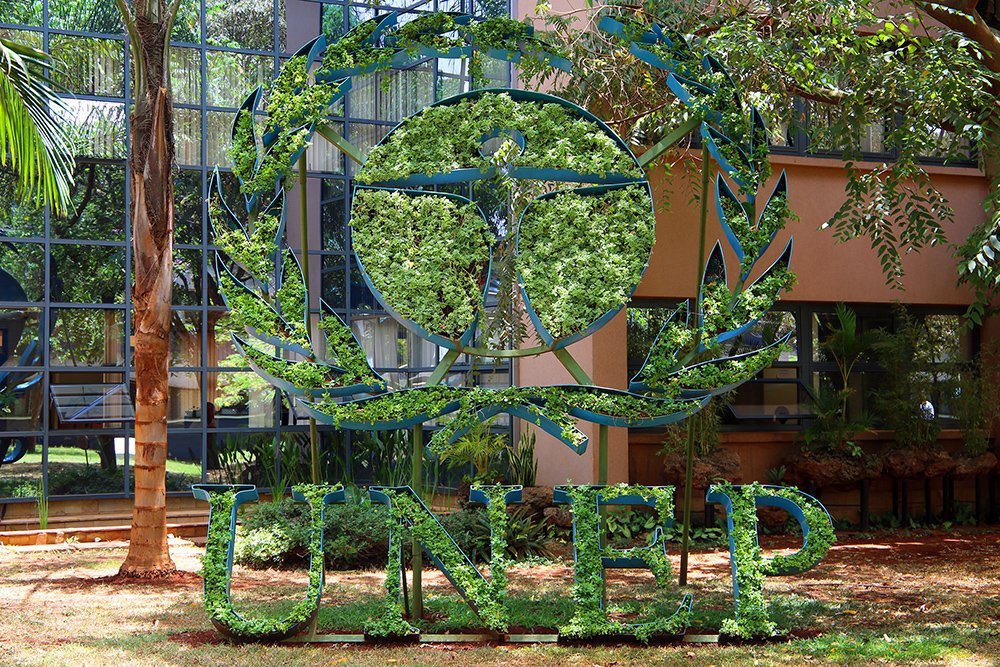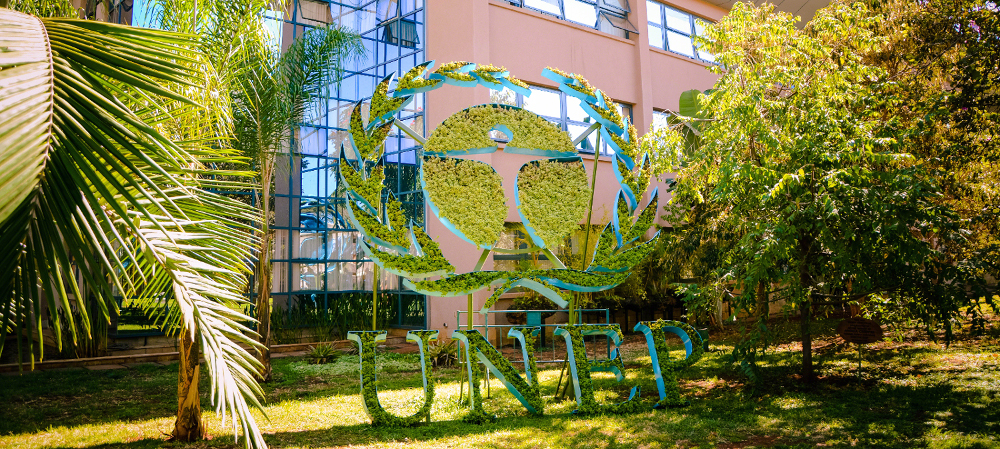
Kenya is set to host the United Nations Environment Assembly (UNEA) from February 28 to March 2, and a special session to mark the United Nations Environment Programme (UNEP) 50 years in Nairobi.
The UNEA will, among other issues, discuss climate change, biodiversity and nature loss as well as waste and pollution management.
Safeguard environment
The biannual UNEA will mark the fifth session since the first Environmental Assembly that was held in Nairobi in 2014.
“UNEP turns 50 this year and whilst great strides have been made to safeguard and encourage the sustainable use of the environment, more still needs to be done,” said Sonja Leighton-Kone, acting Deputy Executive Director for UNEP.
“The conference is timely as it will serve as the second international conference being held after the COP26 that was held in Glasgow [in 2021].”
This year’s theme is “Strengthening Actions for Nature to Achieve the Sustainable Development Goals.”
“This commemoration is also special for Kenya as it accords us the opportunity to reflect on the successful journey that the country undertook to ensure that UNEP is hosted in Nairobi and we look forward to showcasing this journey at the conference,” said Ms Kone.
Since its inception, UNEP has offered steady and critical stewardship on matters of the environment as the leading global environmental authority.
UNEP carries out its functions of setting the global environment agenda, promoting the coherent implementation of the environmental dimension of sustainable development within the United Nations system, and serving as an authoritative advocate for the global environment.
“We need to take the state of the environment seriously and we hope that UNEA will have countries come up with policy decisions that will make us have a sustainable planet. Countries need to go into an emergency mode and formulate decisions that will help in future,” Ms Kone said.
Environment conference
Kenya, which is keen to continue hosting the UNEP, has called for a wider in-person participation.
“We expect high level leadership dialogues that speak to the strengthening of UNEP as well as ministerial declarations under this year’s theme,” said Mr Chris Kiptoo, Principal Secretary, Kenya’s Ministry of Environment and Forestry.
Over 2,000 delegates have confirmed attendance.
“The last UNEA was held virtually because of Covid-19 but we are happy to have it in-person and have also considered a hybrid format for virtual attendees to discuss the remaining substantive matters carried forward from the previous session,” he said.
“WE expect high level leadership dialogues that speak to the strengthening of UNEP as well as ministerial declarations under this year’s theme,” said Mr Kiptoo.
Mr Kiptoo also said that the country is determined to implement the Nationally Determined Contributions whose aim is to cut greenhouse gas emissions and come up with climate adaptation measures, an agreement that was formed in 2015 during the Paris Agreement.
The NDCs are usually updated after every five years and Kenya is one of the countries that already submitted an update.
Other key issues to be discussed in this year’s UNEA will be climate change, biodiversity and nature loss as well as waste and pollution management.
Mr Kiptoo said that should the waste management bill be passed in parliament, Kenya will be ahead in terms of waste segregation.

We should do more
Foreign Affairs Director-General, Ambassador Isaiya Kabira, said that while the country already encourages sustainable use of the environment, more still needs to be done.
“We want member states to build back the “We need to take the state of the environment seriously and we hope that UNEA will have countries come up with policy decisions that will make us have a sustainable planet. Countries need to go into an emergency mode and formulate decisions that will help in future,” environment in a better way. We are happy that Kenya is a strong advocate for the environment issues and climate change is our priority area,” he said.
Ambassador Makena Muchiri, Representative at Permanent Mission of Kenya to UNEP, said that this year’s UNEA is a great opportunity to discuss plastic pollution.
“Just like we had a legally binding agreement in Paris in regards to climate change, we will now set up a negotiating group to put up a mandate on plastic pollution. Already, Kenya, Rwanda and Peru are co-sponsoring the legally binding agreement and we hope it will be considered,” she said.
Among the high level delegates expected in Nairobi include four Presidents—from the Republic of Botswana, Maldives, Nigeria and South Sudan—the Vice Presidents of Tanzania and Iran, the Prime Ministers of Sri Lanka and Namibia, the UN Deputy Secretary General, and other dignitaries.
Kenya will also host other side events related to environment and climate change such as coming up with an agreement on a Tree Growing Fund which will help in sustainability of tree growing as well as showcasing of shipping and maritime plastic pollution menace, among others.
The assembly also hopes to push the conversation of turning scientific knowledge into practice.
This year’s UNEA will also set the stage for the 27th Conference of Parties (COP27) which will be held in Sharm El-Sheikh, Egypt, later this year.






